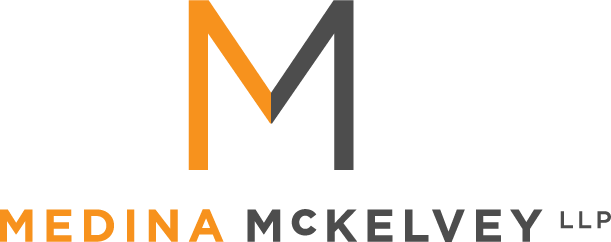PAGA Reform: 5 Quick Things Employers Should Know
Below are five quick things employers should know about the PAGA reform currently underway in the legislature. While this is a preliminary assessment based on the limited information we have so far, we wanted to provide employers with the key takeaways from these developments. We will continue to keep you updated as this develops.
#1 The FixPAGA Ballot Initiative Dies to Guarantee PAGA Reform
The FixPAGA ballot initiative scheduled for November 2024 would have substantially revised and gutted the Private Attorneys General Act (PAGA). Passage of this initiative, however, was far from guaranteed. Given the uncertainty of its passage but recognizing a general need for reform, the Governor, state legislative leaders, and business and labor groups reached a deal to reform PAGA that will change the law while avoiding the ballot measure. While the changes to PAGA will not eliminate it as a threat to employers completely, the revisions to PAGA will pave the way for reduced risks and better outcomes for employers in PAGA lawsuits, particularly for employers who take compliance seriously.
#2 PAGA Reform is Happening This Month
One surprising aspect of the deal reached is how quickly PAGA reform measures will become law. Given the time constraints associated with removing the FixPAGA initiative from the November ballot, the bill must be drafted by June 24 and approved by the state legislature by June 27. Although there may be some snag in the approval process, it is widely anticipated that the bill will become law on this timeline as bi-partisan support for the measure has been secured. If everything goes according to plan, the new version of PAGA (New PAGA) will go into effect this month and will likely apply to all cases filed on or after passage of the bill.
#3 New PAGA Will Be Better for Employers
The exact content and wording of the bill are still being worked out, but the deal includes measures that would raise the bar on who can bring a PAGA lawsuit, narrow the scope of PAGA lawsuits, provide employers with better common sense defenses, reduce and limit penalties for certain type of minor technical violations, and provide more opportunities to cure violations after notice of a lawsuit to further reduce penalties. In sum, the revisions would make it easier for employers to defend themselves in PAGA cases and lower the value of technical violations, making the New PAGA better for employers than the existing PAGA.
#4 New PAGA Will Pave the Way for Fewer Lawsuits, But This Won’t Be Instantaneous
The New PAGA, while certainly an improvement for employers, will not likely lead to a substantial decrease in PAGA litigation immediately. Like any new law, there will be points of contention and uncertainty about how to interpret and enforce the law. We anticipate that employees will continue to file PAGA lawsuits at a healthy clip and that there will be a period of time in which a variety of interpretation issues are litigated in court that will ultimately determine how New PAGA works in practice. Despite this anticipated wave of interpretive litigation, employers will have a better opportunity to defend these cases, which will help drive down settlement values and awards, particularly in PAGA-only cases. This long-term realignment of incentives should lead to fewer PAGA cases over time. In other words, PAGA won’t be “easy money” for employees and their lawyers any longer, and this will decrease PAGA filings in the long run.
#5 PAGA Will Still Be a Threat, But Less of a Threat for Compliant Employers
While New PAGA will be less of a threat to employers than the existing PAGA, the threat of wage and hour lawsuits will remain (including other forms such as class actions and individual or mass arbitrations). The deal that was struck appears to reward employers who are proactively compliant, stay in compliance, and quickly correct minor deficiencies after notice of any compliance lapse. Although New PAGA won’t eliminate the threat of a PAGA lawsuit involving a large group of employees, it will reduce the threat substantially for employers that regularly monitor and maintain wage and hour compliance. Employers with strong compliance will lower their chances of being sued (due to limitations on employees bringing lawsuits who haven’t suffered a violation), increase their chances of narrowing the scope of a lawsuit, and reduce penalty exposure significantly.
What’s Next?
As further developments happen, we will update you. While we welcome the news of any PAGA reform that helps employers, it is important to remember that PAGA cases are not going away and that PAGA cases are only one aspect of wage and hour exposure. A strong compliance plan and proactive approach to wage and hour compliance remain your first and best line of defense to avoid wage and hour lawsuit risks.

